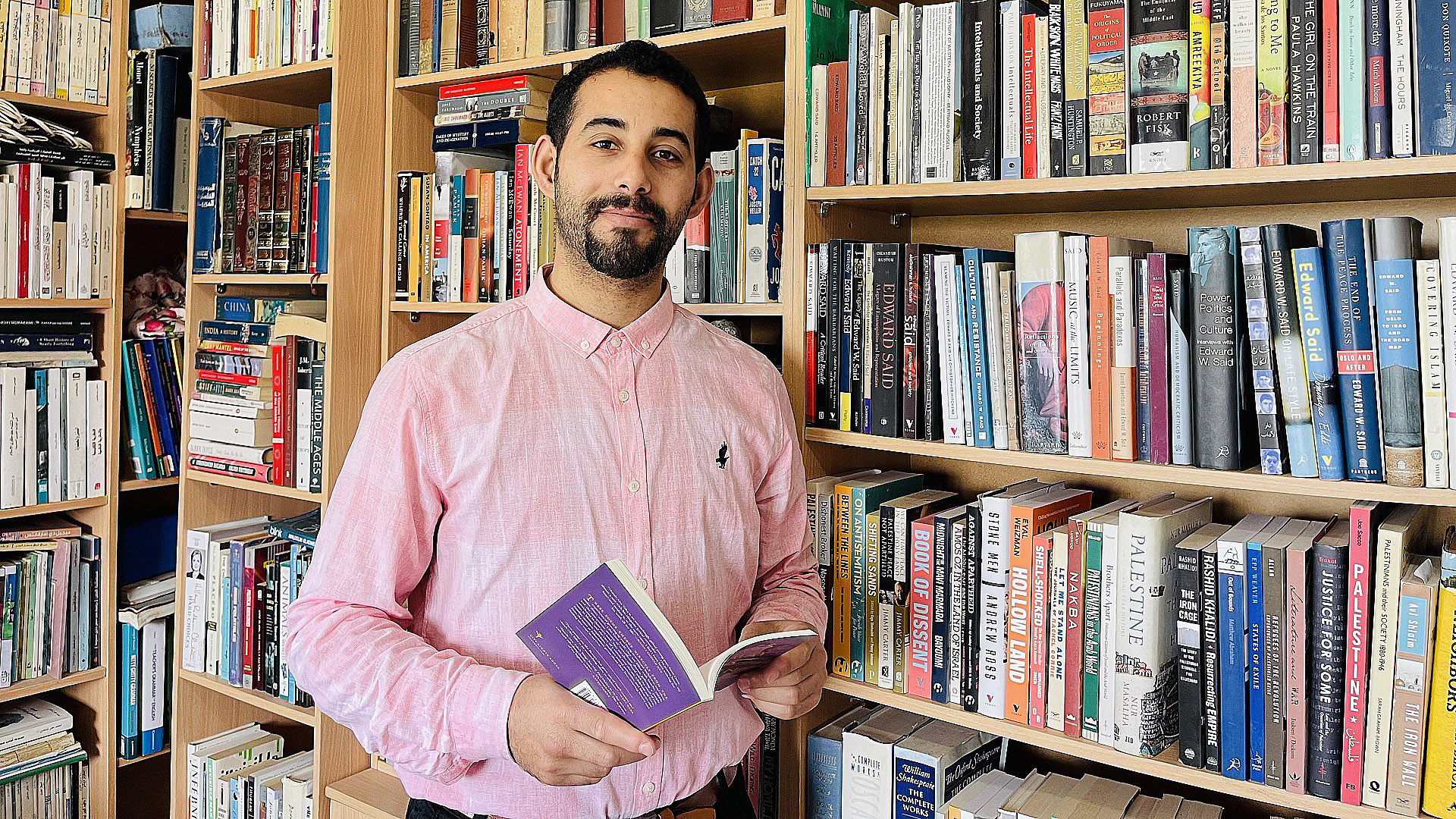
Elham Asaad Buaras
Palestinian poet Mosab Abu Toha has been awarded the Pulitzer Prize for Commentary for his essays published in The New Yorker. Announced on May 5, the prestigious award recognizes Abu Toha’s powerful writing on the physical and emotional toll of the war in Gaza. His work combines detailed reporting with a deeply personal narrative, offering readers an intimate portrayal of the Palestinian experience during the ongoing conflict.
The Pulitzer committee cited his essays “on the physical and emotional carnage in Gaza that combine deep reporting with the intimacy of memoir to convey the Palestinian experience.” The four pieces that formed the basis of the award chronicle the destruction of Gaza’s landscape, life in the Jabalia refugee camp, the difficulty of finding food under siege, and the scrutiny he endured while travelling in the United States.
n his acceptance message on social media, Abu Toha wrote, “I have just won a Pulitzer Prize for Commentary. Let it bring hope. Let it be a tale.” The sentiment is a tribute to his fellow Palestinian poet, Refaat Alareer, who was killed in an Israeli attack on Gaza in December 2023. Alareer’s final poem, “If I must die, let it be a tale,” deeply influenced Abu Toha’s message.
Abu Toha’s path to this recognition has been shaped by his own experiences. Detained by Israeli forces in Gaza in 2023, he was later released to Egypt before moving to the US. His writing reflects the profound emotional and physical destruction he witnessed in Gaza. “In the past year, I have lost many of the tangible parts of my memories – the people and places and things that helped me remember,” he wrote in one of his New Yorker essays. “I have struggled to create good memories. In Gaza, every destroyed house becomes a kind of album, filled not with photos but with real people, the dead pressed between its pages.”
Abu Toha’s work continues to highlight the deep sense of helplessness that many Palestinians, including himself, have felt in recent years. In an interview with Al Jazeera’s The Take podcast in December 2023, he explained the emotional devastation of being unable to provide for or protect his loved ones in Gaza. “Imagine that you are with your parents, with your siblings and their children in a school shelter in Gaza. You are unable to protect anyone. You are unable to provide them with any food, with any water, with any medicine. But now you are in the United States, the country that is funding the genocide. So, it is heartbreaking.”
Soon after the Pulitzer announcement, Abu Toha faced renewed digital censorship. Meta suspended his Facebook account on May 6—marking the second such suspension in a week. The decision drew widespread criticism, including from journalist Meghnad Bose, who called it “the latest high-profile instance of Meta’s disproportionate censorship of content related to Palestine.” Meta later acknowledged the suspension was an error and restored the account on May 7.
Abu Toha’s outspoken criticism of Israeli actions and his advocacy for Palestinian rights have led to calls for his deportation from certain right-wing groups in the U.S. These pressures have intensified under President Donald Trump’s Administration, which has cracked down on non-citizens critical of Israel. Due to security concerns, Abu Toha has cancelled several scheduled events at universities in recent months.
Photo: Palestinian poet Mosab Abu Toha, winner of the 2025 Pulitzer Prize for Commentary, was honoured for his powerful essays in The New Yorker documenting the physical and emotional toll of the war in Gaza. (Credit: Al-Araby Al-Jadeed)